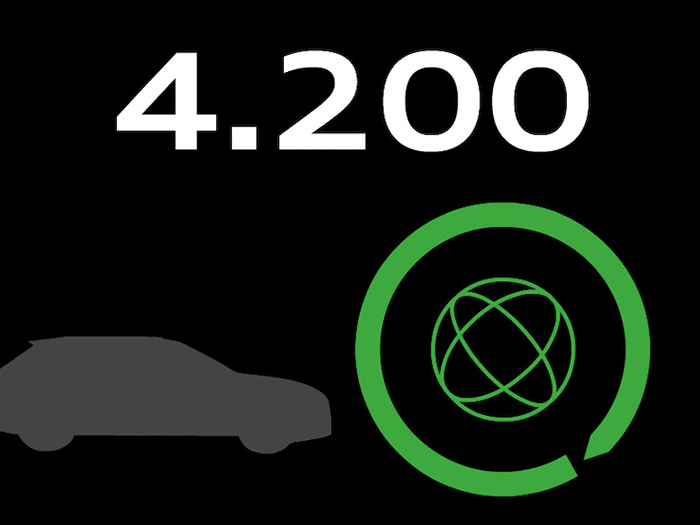Mission zero: Audi's commitment to carbon-neutral production
For car manufacturers, combating climate change means reducing the emissions in the whole life cycle of their vehicles, including the production stage.
In 2014, Audi was the first premium automotive brand to certify its corporate carbon footprint – the total amount of CO2 emissions generated by its activities – according to an internationally accepted standard. This initiative marked a key step toward transparency in the company’s greenhouse gas emissions. Today, these emissions can be analysed in even greater detail and effectively reduced.
Carbon neutral
Brussels is an example: production at the site is completely carbon neutral, as certified by independent experts. That makes the Belgian plant both a pioneer and a role model, and it is also logical that the company’s first 100% electric series-production vehicle, the Audi e-tron, is manufactured here.
Being carbon neutral not only means ensuring the future of the company, but also plays an important role in achieving the strategic and global goal of sustainability.
Renewable energy sources

The switch to electricity from renewable sources (since 2012) and the installation of the region’s largest solar photovoltaic system, with a total surface area equivalent to five football pitches (in 2013) has allowed the Audi plant in Brussels to avoid releasing 17,000 tonnes of CO2 into the atmosphere per year, equivalent to the annual footprint of 1.500 people.
Natural gas

The CO2 emissions generated by the use of natural gas for the heating systems, on the other hand, are offset by purchasing biogas certificates, thereby compensating for around 22,000 metric tons of CO2 emissions every year, equivalent to driving an Audi A3 Sedan nearly 4,200 times around the globe. Finally, in 2018 the Brussels site implemented emissions offsetting projects for the 4,250 tonnes of CO2 generated each year by the production processes that cannot be avoided by using other energy sources.
Other environmental protection projects have also been launched, such as water and energy saving measures: they are all efficiency-based programs, which include the choice not to use environmentally harmful raw materials and to optimise the use of resources.
Source: AUDI
